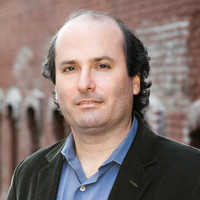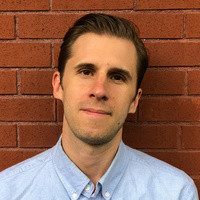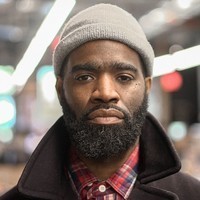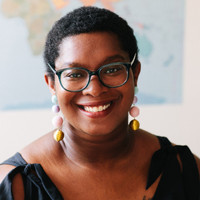Jenny Odell is a multidisciplinary artist and the author of How to Do Nothing: Resisting the Attention Economy.
“I’ve noticed that the times I’m extra susceptible to being on social media is when I am feeling personally insecure or when I’m dealing with existential dread. That within itself is not part of the attention economy - that’s just a human being having feelings and reacting to things. For me, it’s a question of like, ’What do I do with that?’ I can either feed it back into the attention economy and actually get more of it back - more anxiety or more existential dread - or I can go in this other direction and spend time alone or with people who care about the same things. Those are places where I can bring my feelings and they won’t destroy me.”
Thanks to Mailchimp, Substack, and Pitt Writers for sponsoring this week's episode.



















